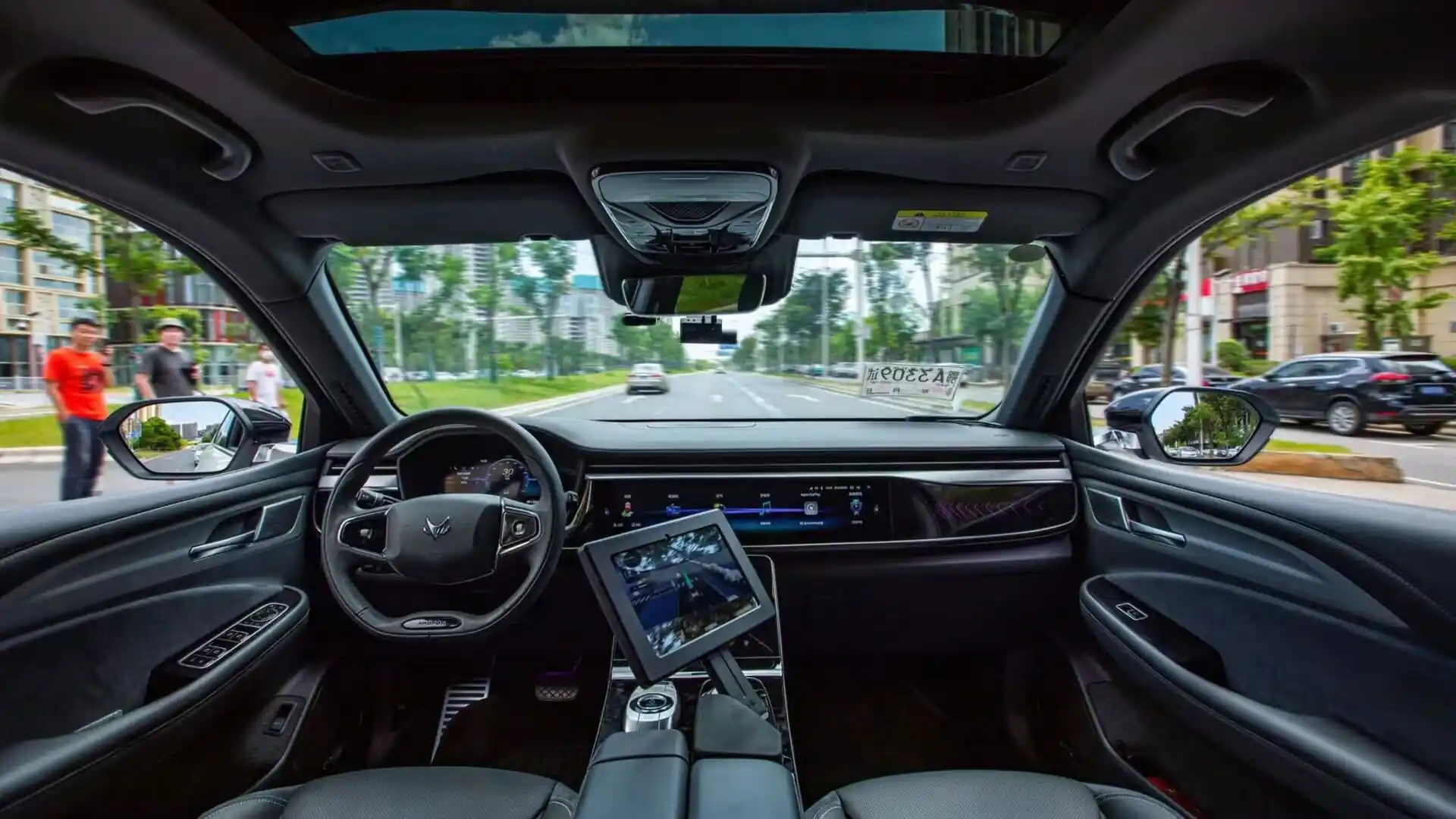[ad_1]
Chinese technology company Baidu announced Monday that it can sell robo-taxi rides without any human staff in the vehicles.
Baidu
BEIJING — Chinese technology company BaiduApollo Go’s robotaxi unit is in talks with several companies to expand into overseas markets in the “near future”, according to a source familiar with the matter.
No details on timing or regions were available.
Baidu is one of the leading robotaxis operators in China. Regulators in parts of Beijing and cities like Wuhan — Apollo Go’s largest operating region — have allowed companies to commercially operate self-driving taxis after years of allowing internal testing.
Tesla is scheduled to hold its highly anticipated robotaxi event on Thursday.

WeRide, another Chinese robotaxi developer, announced at the end of September a agreement to integrate its cars on the carpooling giant Uberin Abu Dhabi this year. The statement said the companies are not considering similar partnerships in the United States or China.
In July, BYD and Uber announced they would develop “autonomous vehicles” for the ride-hailing company’s platform. They did not share details.
Robotaxi rides in China operated by Baidu and companies such as Pony.ai are typically heavily subsidized by companies to encourage their use. Local regulations sometimes require a human employee to sit inside the car, meaning not all vehicles are fully autonomous.
Baidu said that as of the end of July, Apollo Go had operated more than 7 million robo-taxi rides.
Separately, Baidu announced Tuesday that Rong Luo will no longer be its CFO and will instead become an executive vice president overseeing the company’s mobile ecosystem unit. Junjie He, former head of the mobile unit, will become interim CFO, the company said. Baidu described the changes as part of a “steering rotation“.

